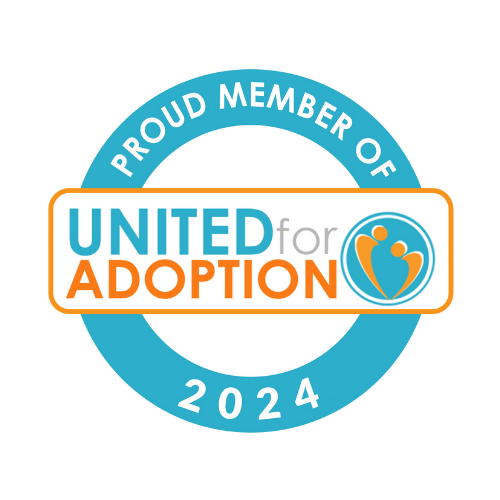Opioids have increasingly become a hot topic in our society. It seems you can’t go anywhere without hearing about the risks of misusing them. From primetime television storylines to highway billboards to your doctor’s office, we are becoming more aware of these dangerous drugs and the cost of becoming addicted. When these conversations start, we tend to focus on how they can negatively affect those who abuse them. However, when you consider the big picture, it becomes apparent that the impact goes much further than just one person.
There is the cost to society itself; loss of employment, illegal activity and damaged relationships. The most heartbreaking victims are the most precious and vulnerable among us: children. When illicit drug use is a major concern for a family, safety can also become an issue. The result is that children sometimes have to be placed out of their home to ensure their wellbeing.
“If a parent is dealing with an addiction, they aren’t helping their kids with their homework, or even caring about putting food on the table,” says Dan Webster, Director of Foster Family Recruitment for Utah Foster Care. “If this goes on, children have to learn how to fend for themselves.”
In Southwest Utah, which includes Washington, Iron, and seven other rural counties, almost two out of every three cases of children being removed from their homes have substance abuse (drugs or alcohol) listed as a contributing factor.
With about 100 children in foster care in Iron County, the need is constant for more foster families and for those willing to support children in foster care. Utah Foster Care offers classes in Southern Utah to prepare families for what to expect in the foster parenting experience. Most importantly, being a successful foster parent requires a commitment to becoming part of the solution, rather than just part of the conversation. Opioid addiction is not going to go away on its own, even with the best advertisement campaign money can buy. It will take people willing to get out of their comfort zones, getting their hands a little dirty- and hopefully, making changes in a child’s story. The alternative is allowing these children to become victims again to this national crisis.
When highlighting the effects opioid misuse has on our society, we would be extremely neglectful to leave out the damage done to our children and thus to future generations. Everyone has the power, time, and ability to fight against the opioid epidemic in their own unique way. It’s important that we take the time to figure that out.
Amy Bates is a foster-adoptive consultant for Utah Foster Care. She lives in Cedar City with her family, which includes children adopted from foster care.






